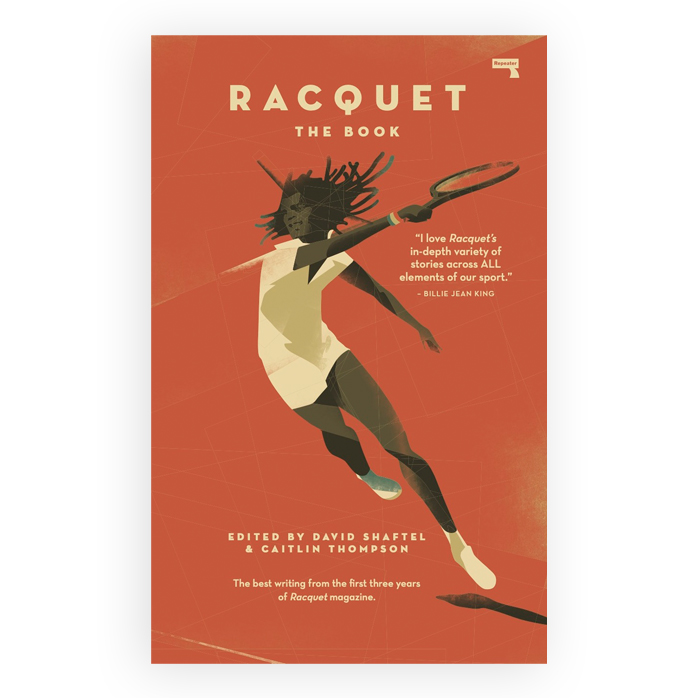By Giri Nathan
Sometimes the draw just softens up. That could be because Novak Djokovic accidentally discovered the shortest distance between his pocket and a linesperson’s windpipe. That could also be because a good chunk of top players opted to stay put in Europe instead of coming to New York to huddle inside a bubble for a month. All of these factors made this US Open a friendlier, softer one, an open invite for newcomers to sample the rarefied air late in a major. But Victoria Azarenka already knows that air, even if it’s been seven years since she last won one.
A lot has changed since 2013. To hear the ESPN commentariat tell it (and tell it, and tell it, and tell it), motherhood is the defining feature of Azarenka’s career right now; they could have listened to her and learned that this is not remotely how she sees it. But any honest account of Azarenka’s career must align two timelines: the collapse of her on-court results; and a long custody battle over her son Leo, who was born in 2016. In 2017, she played just six matches. In 2018, she clawed back into the top 100. In 2019, she reentered the top 50. The wild cards were always there, but, by her own admission, the requisite focus wasn’t.
Azarenka even lost her first two matches of 2020, one right before the tour’s suspension, and one right after its restart. Nothing in the past four years foreshadowed the 31-year-old entering the New York bubble and slicing noiselessly—okay, not noiselessly—through all opposition. No one was safe. Going into her US Open semifinal against Serena Williams, Vika had claimed 10 of her last 12 sets, and her wins were some of the roughest drubbings anywhere in this Open: 6–1, 6–0 over the No. 13 seed Elise Mertens; 6–1, 6–3 over No. 5 seed Aryna Sabalenka. She claimed the title last week in Cincinnati after a Naomi Osaka walkover. It was possible to write that off as a fluky run against rusty competition. I joked to a friend that she was going to win the Open, too. Within a few days, I was no longer joking, and I was beginning to refamiliarize myself with the contours of her game: big loping strides, creativity along the width of the court, winners bounding down the line with healthy margin. With her tennis whirring in a way it hadn’t in years, Vika came to the semifinal as the slight favorite over Serena.
And then Serena was just better. As Vika’s serve faltered, Williams took four straight games to start the match: service bombs, solid movement, crunchy winners, zero patience for any rally that would delay her passage to her third straight US Open final. Factoring in quality of competition, that first set, at 6–1, was about as well as Serena had played in the past two years. Maintaining that level was another question. While she had troubleshot her way through five rounds already, she hadn’t really strung together two consecutive sets of full-tilt Serena Williams. And she didn’t this time, either. Azarenka broke midway through the second set—a 12-winner, one unforced-error master class—and kept on the pressure through the third. As Serena got a trainer to treat her Achilles tendon after an awkward plant of the foot, Vika meditated with closed eyes, at peace in the eye of the storm. She broke right after. Several body blows later, she wrapped up the single best night of this Open with two aces.
At the late-night press conference, Vika went off to personal places. “Well, I think when you’re coming up from kind of nothing, then you become a No. 1 player in the world, sometimes you can start to think you’re invincible and that you’re better than everybody, and it’s not true. So the ego starts to grow. It’s very hurtful when it gets damaged, so…instead of getting the ego damaged, I tried to remove that and learn from my mistakes of that ego, and realizing, maturing, that being a tennis player doesn’t make you better or worse than anybody else, that you’re still human, and all you can do is try to be the best version of yourself.” Nobody has seen a better version of Victoria Azarenka the tennis player in seven years, and perhaps nobody, Vika included, was really expecting to see a version this good ever again.
Above: Vika after her big win over Serena Thursday night. (Getty Images)



